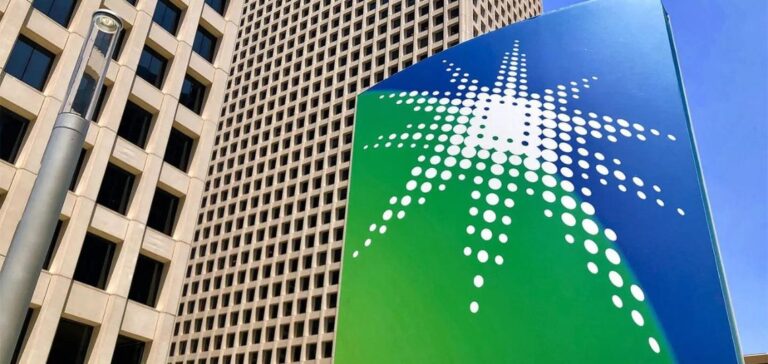Aramco, one of the world’s largest companies by market capitalization, reported net income of $29.07 billion for the second quarter of 2024, down 3.4% year-on-year.
The company attributed the decline to lower crude oil sales volumes and weaker refining margins.
Saudi Arabia, the world’s largest oil exporter, currently produces around nine million barrels per day (mbd), well below its capacity of 12 mbd.
In June, production averaged 8.8 mbpd, according to Jadwa Investment, a Riyadh-based consultancy.
Impact of OPEC+ production cuts
This production cut was the result of reductions agreed in October 2022 by OPEC+, a group of oil producers co-led by Saudi Arabia and Russia, aimed at raising prices by reducing output by two mbpd.
In April 2023, several OPEC+ members cut production by a further one mbpd, followed by a further one mbpd cut by Saudi Arabia in June 2023.
According to Jadwa Investment, production is likely to remain at these levels until October, when a new OPEC+ agreement will allow progressive monthly increases.
Aramco’s crucial role in Vision 2030
Aramco remains the mainstay of the Saudi economy and the main source of funding for Crown Prince Mohammed bin Salmane’s Vision 2030 reform program, which aims to diversify the economy beyond oil.
The government’s stake in Aramco stands at around 81.5%.
In 2019, Aramco completed the largest IPO in history, raising $29.4 billion, followed by a secondary offering this year of nearly 1.7 billion shares, raising $12.35 billion.
Dividends and financial performance
Last May, Aramco announced a base dividend of $20.3 billion for the first quarter, accompanied by a performance-linked dividend of $10.8 billion for the second quarter.
Last year, Aramco posted record profits following the rise in oil prices due to Russia’s invasion of Ukraine, but saw profits fall by 25% due to lower oil prices and production cuts.
Future strategy and environmental commitments
In January, Aramco was ordered to abandon its plan to increase production capacity to 13 mbpd from the current 12 mbpd, perhaps reflecting doubts about demand.
Energy Minister Prince Abdelaziz bin Salmane said the decision was motivated by the transition to cleaner fuels.
Saudi Arabia has pledged to achieve zero net carbon emissions by 2060, a commitment that is drawing skepticism from environmentalists, while Aramco is aiming for carbon neutrality by 2050, without including emissions from customers using its products.
Evolving global energy policies and environmental commitments will continue to play a crucial role in Aramco’s future performance, influencing production strategies and investments in cleaner technologies.






















